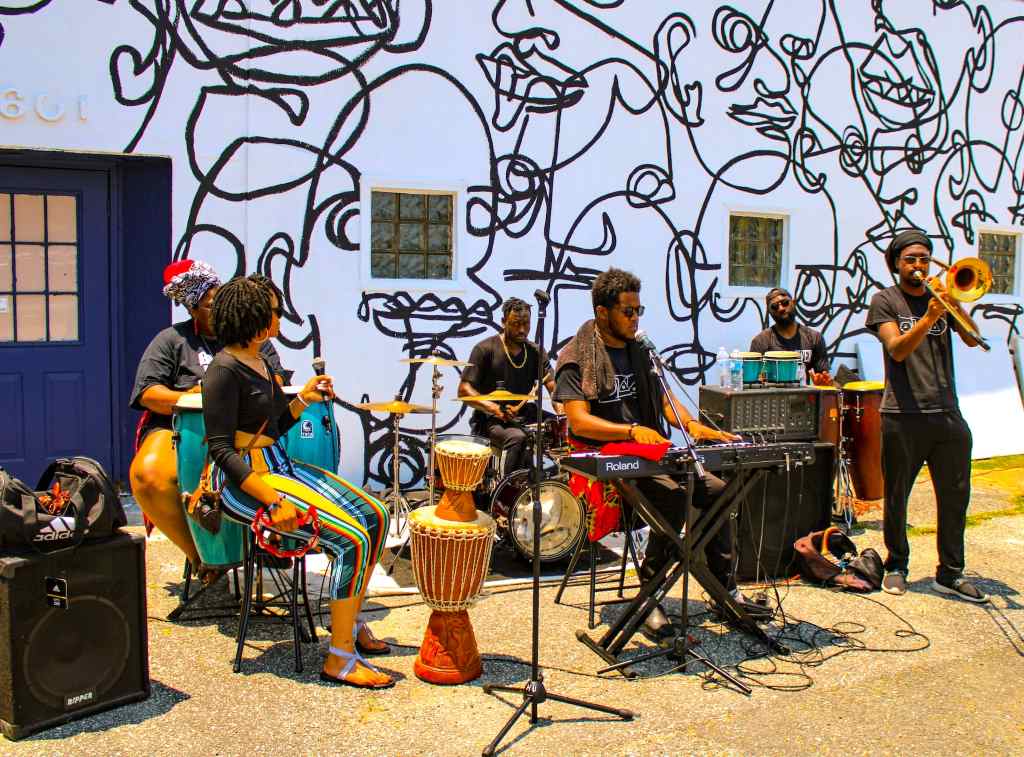
Juneteenth Honors the Legacy of Struggle and Triumph Over Slavery
Share
Juneteenth is not taught in American history books. Until a few years ago, few people outside of the Black community remembered June 19, 1865, as the day "a group of African-Americans in Galveston, Texas, received the news that they were indeed free." On that day, Maj. Gen. Gordon Granger issued an order announcing the end of slavery following President Abraham Lincoln's signing of the Emancipation Proclamation two and a half years earlier. Nearly 250,000 African-Americans were legally freed in Texas.
The 13th Amendment of the U.S. Constitution, which abolished slavery, was ratified six months after Texas recognized enslaved people's freedom. Then, 156 years later, President Joe Biden declared Juneteenth a federal holiday on June 17, 2021, saying: "All Americans can feel the power of this day and learn from our history." Juneteenth is the first public holiday since 1983: President Ronald Regan made Martin Luther King Jr's birthday a federal public holiday, first celebrated in 1986.
The first Juneteenth was celebrated in 1872. The Antioch Church, its pastor Reverend Jack Gates, and Trinity Methodist Episcopal Church purchased 10 acres in Houston, Texas. They created Emancipation Park to honor the end of slavery in Texas. Until the 1950s, it was the only public park and swimming pool in the city open for Black Americans.
Juneteenth may be gaining awareness, but state governments have slowly acknowledged the public holiday recognizing the end of slavery. According to a recent Pew Research report, government offices and state workers in at least 28 states and the District of Columbia will have a paid day off. On the other hand, Texas has honored June 19th as Emancipation Day since 1980.
Former Slaves Recall Learning About Their Emancipation
Marsha Chapman, professor of History and African American Studies at Georgetown University, explained, "President Lincoln had signed the Emancipation Proclamation in 1863, but news of the end of slavery in Texas had not traveled to this community until 1865. Since then, Juneteenth has been commemorated as the struggle against slavery and a celebration of freedom."
According to RealClear Public Affairs, an Alto, Texas resident freed in 1865, Preely Coleman, shared his memory of the day with the "Born in Slavery: Slave Narratives from the Federal Writer's Project from 1936 to 1938." He spent Juneteenth in 1937 sharing his first experience of freedom.
Coleman was working in a field when he heard the news. The 85-year-old remembered being told by the man who owned him that he and the other enslaved men were free. "You all are free as I am." The men started to shout and sing in celebration.
Another recorded memory came from 93-year-old Sarah Ashley, a Goodrich resident, who described her first Juneteenth as a "burst of freedom."
Many enslaved African Americans remained under their owner's control despite being freed legally. For example, 87-year-old Reverend Bill Green heard that President Lincoln had freed all of the enslaved, but he was not. Instead, his owner tried to keep him as a slave until he was 21. Fortunately, a local judge saved Green from continued servitude.
Two women aged 90 and 87 told interviewers they doubted the news about their freedom. Margrett Nillin and Susan Merritt spoke sadly about how freedom brought violence against African Americans. They recalled that many were shot, tortured, or lynched by the Ku Klux Klan and former owners.
Nillin recalled that under slavery, she was unable to own anything. Emancipation gave every Black American the freedom to own property, marry, and raise a family. They were now free to become educated, travel, work for wages, and worship however they wanted without a master's or the government's permission.
Ways to Celebrate the End of Legal Slavery
The most important way to celebrate slavery's end would be to learn the truth about this unpleasant time in American history. However, learning by attending historical-based events online or in person would be better than relying on vague history books. Organizations like Melaneyes Media, Our Daily Bread, the History Channel, and more have created documentaries about Juneteenth's historical significance.
Learn more about America's history during the 18th and 19th centuries and the Civil War. How it started and the deadly struggle in the nation over slavery will help people to understand its significance. Many films accurately show the controversies and consequences of allowing men to own, buy, and sell human beings as property.
These recommended movies include: "12 Years a Slave," based on the biography of Soloman Northup, a freeborn Black man who was abducted and sold into servitude; "Lincoln," which offers insight into the president's stewardship of the nation during the Civil War years; and "The Birth of a Nation," follows a literate slave and preacher whose owner used him to subdue unruly slaves through his preaching.
"The road leading to emancipation was as uncertain as the road following emancipation. As the oldest nationally celebrated holiday honoring emancipation in the United States, Juneteenth embodies our nation's long, often arduous journey to realize our founding principles of life, liberty, and the pursuit of happiness," writes Elliot Drago.
Written by Cathy Milne-Ware

